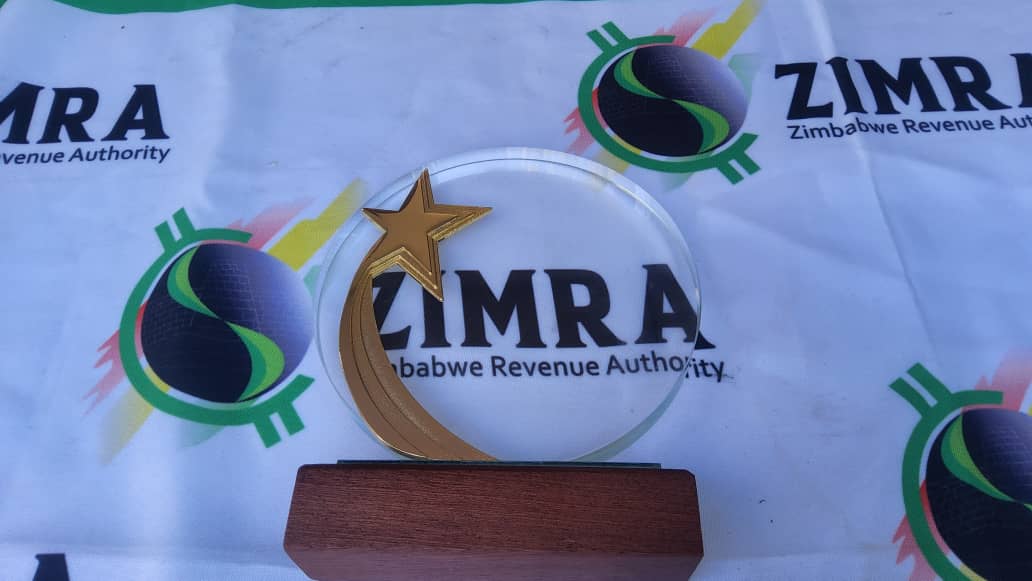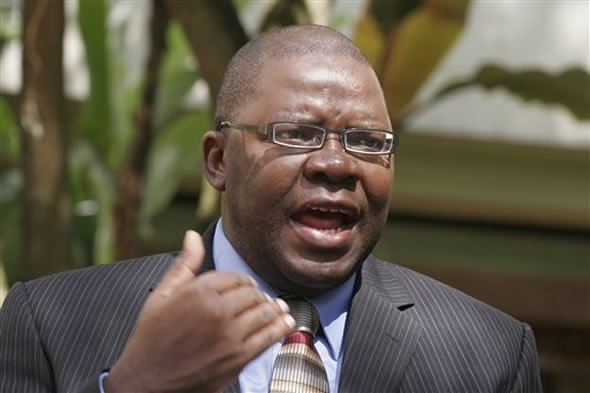FORMER finance minister Tendai Biti's reforms during the inclusive government are set to be undone as his successor moves to revise some of his fiscal measures in line with a new agenda being pursued by the Zanu-PF administration.
The Movement for Democratic Change (MDC-T) secretary-general ushered in a number of reforms during his five-year tenure at the apex of Zimbabwe's finance ministry as he fought to re-activate an economy which had declined and address a widening social exclusion triggered by a decade of turmoil.
Following the signing of a political pact between Zanu-PF and the two MDC formations in 2008 a new power-sharing administration entered Munhumutapa building, the home of the Zimbabwe government, in February 2009. Biti immediately instituted far-reaching economic measures, which are now standing on sinking sand following his departure after the July 31 polls, won by Zanu-PF.
Some of his measures are likely to be undone through the Zimbabwe Agenda for Sustainable Socio-Economic Transformation (Zim Asset) economic blueprint, the 2014 national budget as well as through the decision to realign a number of laws with the new Constitution.
Launched last month, Zim Asset is expected to drive economic growth until December 2018, when Zimbabwe holds its next general elections.
So far, Biti's Income Tax Bill faces an uncertain future after the 21-day deadline for President Robert Mugabe to sign it into law lapsed on November 30 without any assent to give it legal force.
The Bill now risks suffering the same fate as the Electricity Amendment Act which another top MDC-T official, the then energy and power development minister Elton Mangoma, steered through Parliament, only for it to be rejected by his successor and Zanu-PF stalwart, Dzikamai Mavhaire, who is now heading the ministry.
As part of other changes that are set to undo some of Biti's measures, the implementation of the government's new economic blueprint, Zim Asset seeks to put in place what it terms "robust fiscal reform measures" that enable Treasury to mobilise resources to finance the different priorities identified by the clusters.
The document talks of a new Income Tax Bill.
"Strategies: Finalise the new Income Tax Bill; Boost the efficiency use of government resources through timely reporting and strengthening the Public Finance Management System," reads part of Zim Asset.
Besides the issue of the Tax Act failing to see the light of day, Finance and Economic Development Minister Patrick Chinamasa will next week Thursday present the 2014 National Budget that is also set to do away with the MDC-T's top officials' unofficial salary freeze for civil servants in successive presentations during the inclusive government.
Chinamasa is also set to increase funding to farmers and prioritise irrigation issues in his budget, following Biti's vilification for allegedly sabotaging the sector.
In another encroachment on Biti's measures, last month Chinamasa came up with Statutory Instrument 156/2013 containing the Deposit Protection Corporation "Regulations" that were said to have been made under section 64 of the Deposit Protection Corporation Act that his predecessor steered through Parliament and became effective in March 2012.
The Statutory Instrument goes against the spirit of regulations originally made under the Banking Act and the Deposit Protection Corporation Act's continued existence.
Sources this week said the new regulations are likely to be struck off as there is a feeling within the Parliamentary Legal Committee that they are unconstitutional.
The lawmakers are said to be of the view that depositors must be compensated as soon as a financial institution collapses and that there must be insurance to safeguard depositors interests.
In September, Biti criticised Chinamasa's attempt to securitise the country's resources for lines of credit as "immoral."
"The truth is any other resource is extremely difficult to quantify and to give a monetary value. How do you quantify gold or platinum underground where there has been no geological study, as in our case? What value do you place ' particularly in the context of the present sphere of volatile prices," argued Biti.
"My greatest fear is that given the absence of capacity in government for this kind of cutting edge skill, Zimbabwe will be exploited by any potential investor, if they are any. More importantly, it is difficult to see these deals being liberated from the scourge and cancer of corruption. The bottom line is that in the context of present day Zimbabwe under this regime, securitisation is literally selling the country out."
- fingaz
 Top Zimbabwe business executive arrested for fraud
Top Zimbabwe business executive arrested for fraud  South Africa is in serious trouble
South Africa is in serious trouble  US halts visa services for Zimbabwean nationals
US halts visa services for Zimbabwean nationals  ZSE and VFEX recover after weak 1st half
ZSE and VFEX recover after weak 1st half  Gold edges up as traders await guidance
Gold edges up as traders await guidance  Zimbabwe Agricultural Show 2025 kicks off
Zimbabwe Agricultural Show 2025 kicks off  Young Investment Professional (YIP) Graduate Programme 2019
Young Investment Professional (YIP) Graduate Programme 2019 










 Young Investment Professional (YIP) Graduate Programme 2019
Young Investment Professional (YIP) Graduate Programme 2019
Editor's Pick